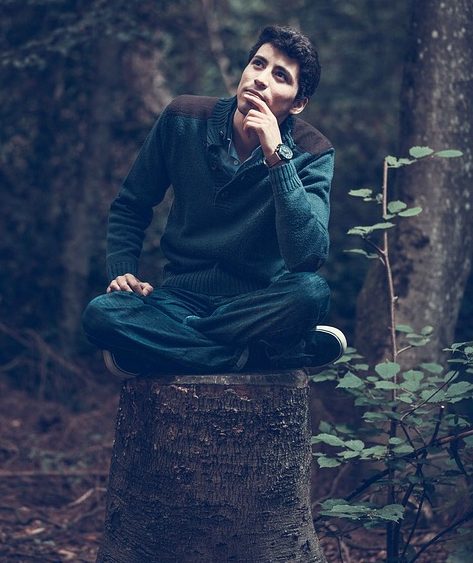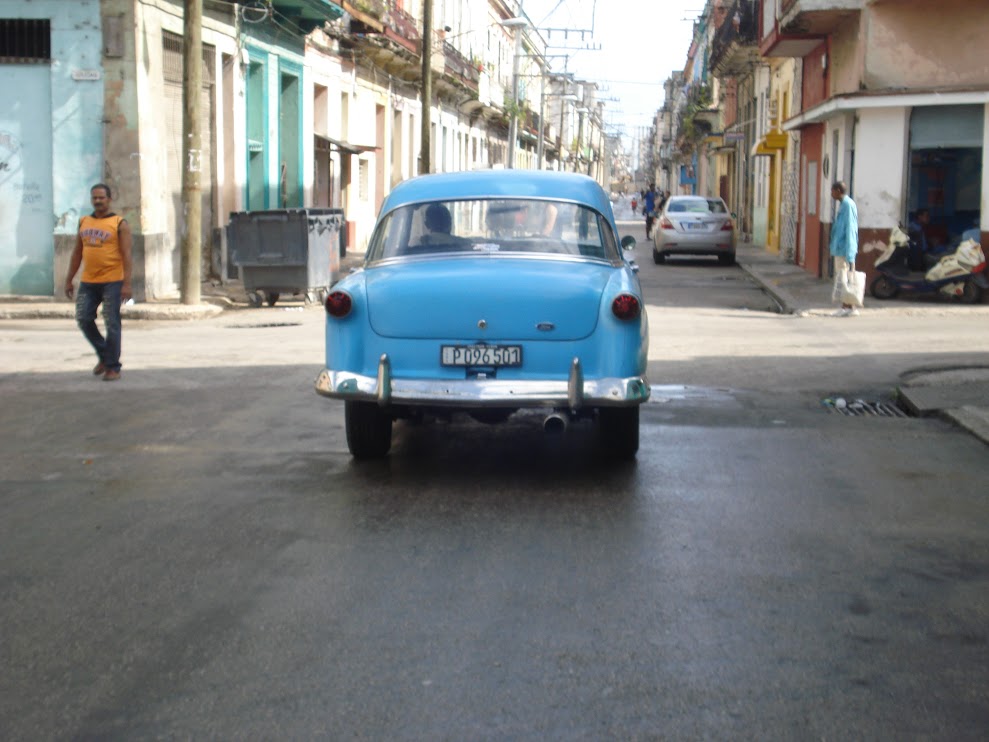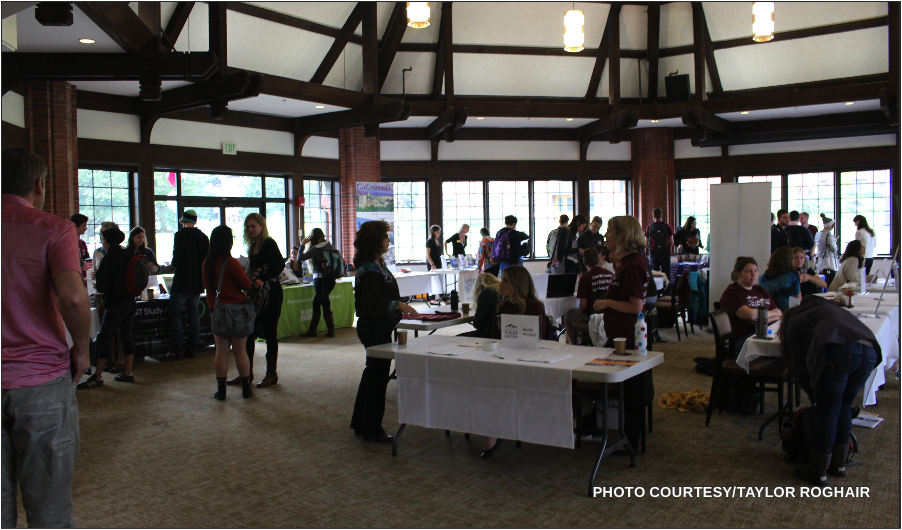
This semester, University of Puget Sound senior (and entrepreneurial spirit) Barno Labone found a creative way to save money. Labone spent the spring semester studying abroad, but not through an expensive program in a foreign country. Labone spent the semester studying abroad in their own mind palace.
“It has been such, such an incredible, incredible experience. Everyone should do this,” Labone said. “Wow. Just wow. I have been opened up to so many new perspectives.”
For those who don’t know, a mind palace is a place that you construct within your own imagination to store mnemonic images. Mind palaces take advantage of spatial memory skills to recall information like phone numbers, faces or lists.
“I experienced a lot of culture shock in my mind palace,” Labone said. “At first it was hard to be in such an unfamiliar environment. I didn’t know anybody, I didn’t speak the language and my host mom never had time for me.”
Tanya Goggle, a regional memory expert, was surprised to hear about Labone’s social life within their mind palace.
“Mind palaces are not typically inhabited by imaginary figures,” Goggle said.
“My best friend in the mind palace was named Stoop Grimes and he was a riot,” Labone said. “I sent him a letter my first day back here. Can’t wait to see his hilarious response.”
When asked to relate the best and worst parts of their time studying abroad in their mind palace, Labone did not hesitate.
“Best thing: the fashion. Tasteful but … extremely evocative. Worst thing: the food,” Here, Labone shuddered and turned a bit green. “The food freaking sucks there.”
I asked Tanya Goggle if it was typical for a mind palace to have unpleasant cuisine, and she said no.
“A mind palace is a mnemonic device,” Goggle said. “If you want a certain food, you should imagine it.”
When asked why they didn’t simply imagine better food, Labone became visibly sad.
“I became very sick. Some virus we don’t immunize for here. I guess Stoop Grimes, Mimsey Gnotts and the rest of the boys all have immunity. I was stuck in my mind bedroom, laid out flat in my mind bed, for weeks and weeks. I was feverish and nauseous. I grew weak. I almost became delusional,” Labone said, gripping the edge of their chair with sweating palms.
The University of Puget Sound does not currently offer a mind palace study abroad program, nor do they express any plans to institute one.
“The case of Barno Labone is the reason we stopped taking away merit aid from student studying abroad,” study abroad administrator Karen Kates said. “Yes, that’s something we really did, yes, until just recently, yeah, yes, we really did change that rule this past year. We had a rule that if you studied abroad your scholarship was taken away. Yes, that’s true.”
“Sometimes I miss my mind palace,” Labone said. “Sure, the hovercrafts didn’t work half the time, and yeah, I got a little tired of the chocolate river (where I was constantly compelled by invisible forces to reenact the Charlie and the Chocolate Factory scene where August Gloop suffers terrible consequences), but it was an incredible place. I became a lot stronger in my mind palace. I realized, if I can make it here … I can make it anywhere.”
When asked if they were doing anything to cope with the transition, Labone said they were focusing on what their mind palace and the Puget Sound campus have in common.
“It’s nice to focus on the familiar little things,” Labone said. “My mind palace was rife with decorative kale. There were crows everywhere. And I was always having to call security to unlock certain doors.”
Students wishing to study abroad in their own mind palaces can do so by thinking about it, at any time, in any place.


